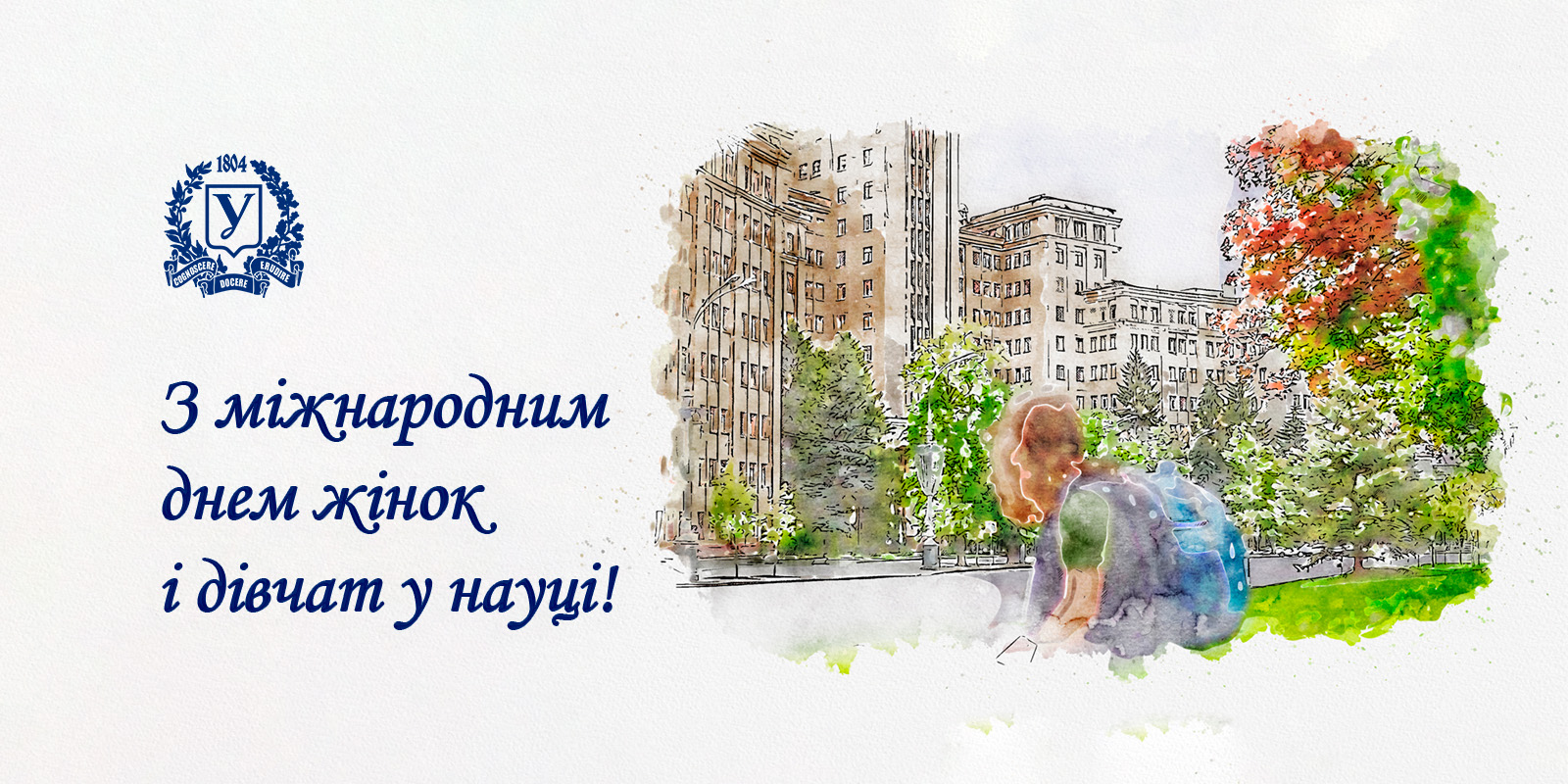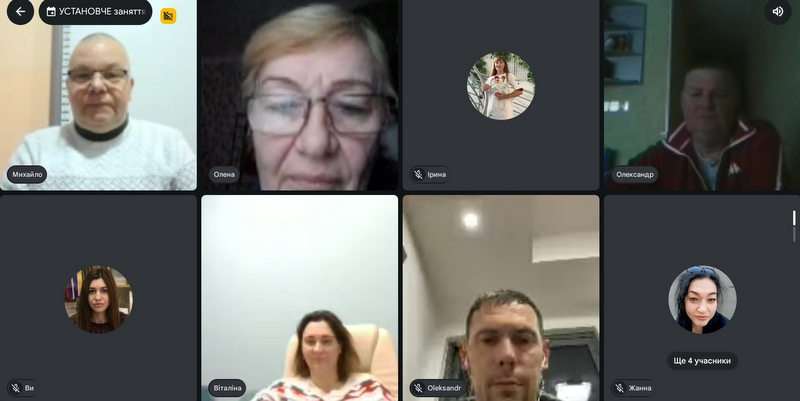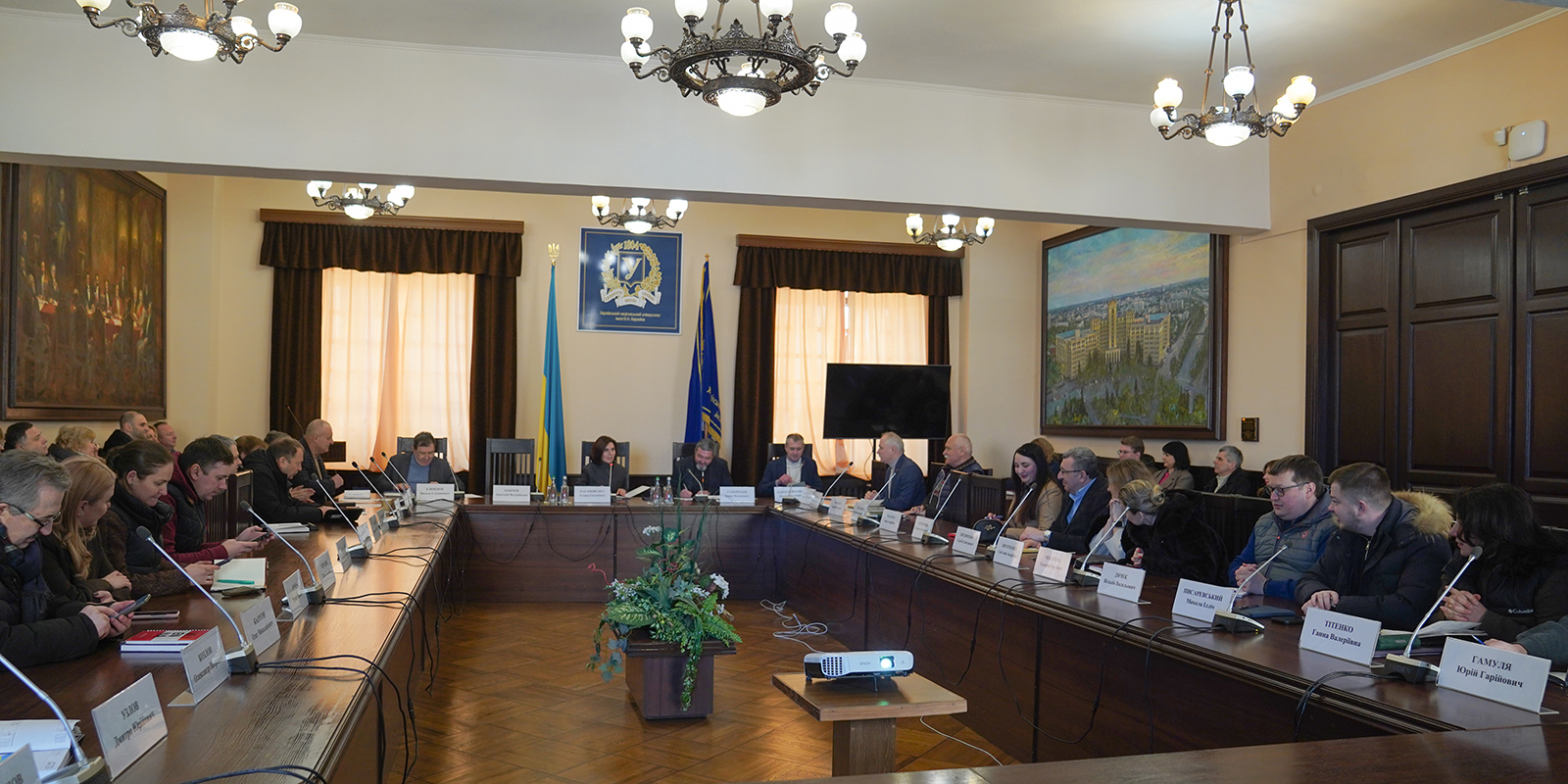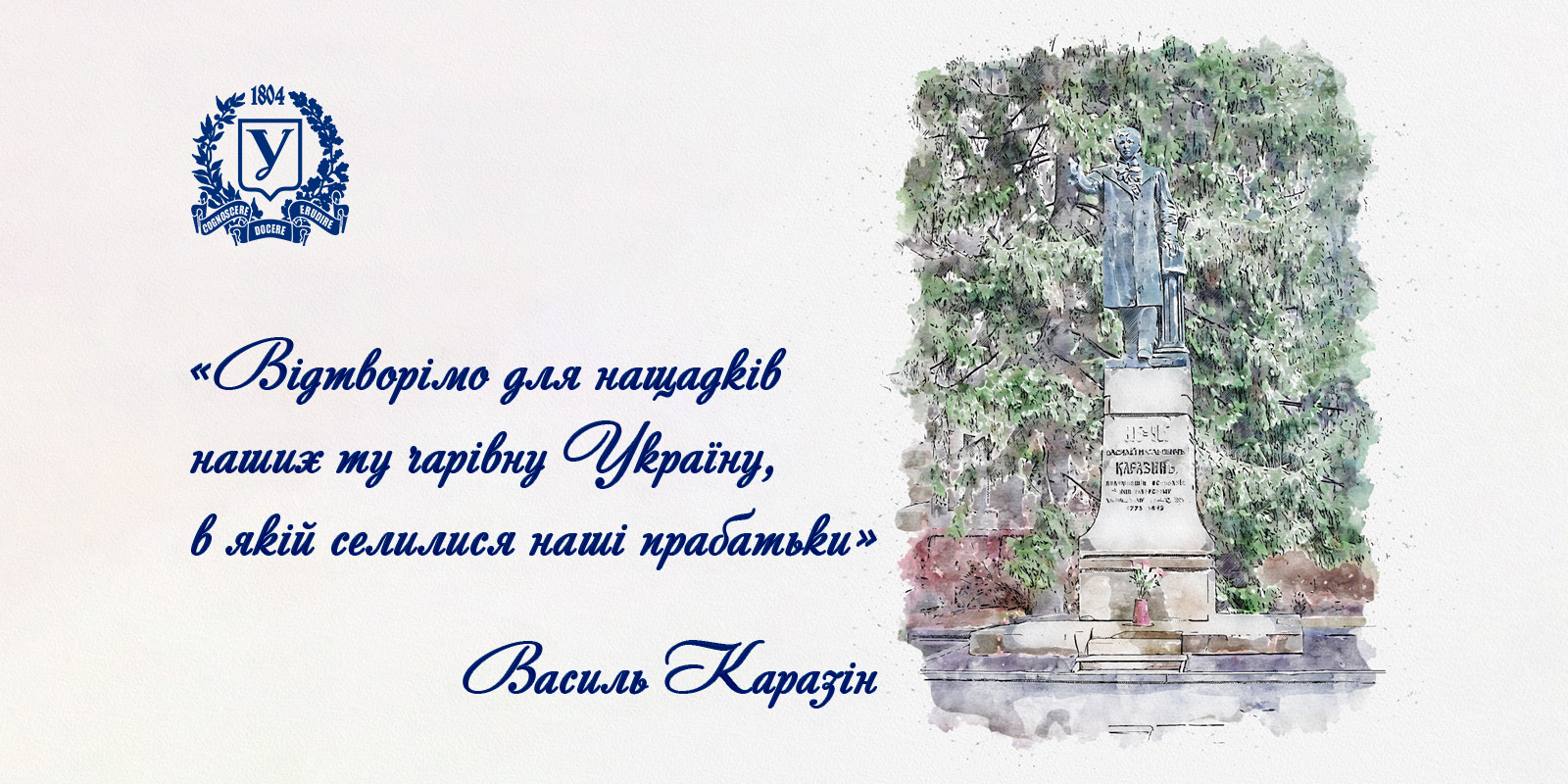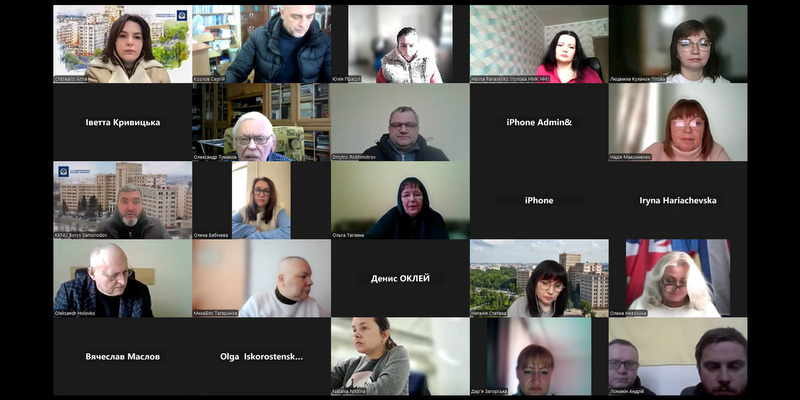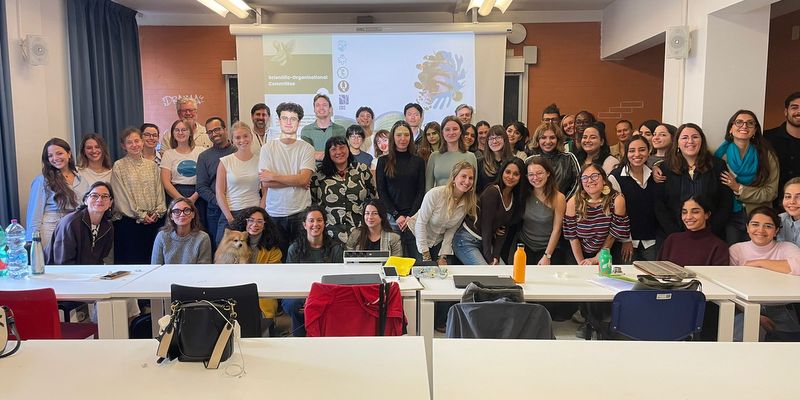Karazin University has Launched Teacher Training under the Program ‘’Primary Aid for Children with PTSD’’
%20(1).jpg)
V.N. Karazin Kharkiv National University is contributing to the enhancement of awareness and competence among school staff in the crucial field of psychological health, which will help provide proper support to children who have experienced traumatic events.
Starting from August 25, for the first time at Karazin University, 49 teachers of various categories, a social psychologist, a practical psychologist, and members of the administration of the municipal institution 'Kharkiv Lyceum No. 11 named after Danilo Didyk of the Kharkiv City Council' have begun their training under the working educational program of the special profile course 'Primary Aid for Children with Post-Traumatic Stress Disorder (PTSD)'.
This educational process will continue until September 15 in an online mode based at the university's Center for Postgraduate Studies. Lectures, practical sessions, and triangulation sessions for the participants of the special profile course will be conducted by long-term external partners of Karazin University — experts from the municipal institution 'Kharkiv Inclusive Resource Center No. 1 of the Kharkiv City Council'.
During the introductory session, the director of the Center for Postgraduate Studies, Mykhailo Tatarinov, acquainted the participants with the peculiarities of the schedule of the educational process, conducted an entry evaluation, and answered current questions of the participants of the training.
The director of the municipal institution 'Kharkiv Inclusive Resource Center No. 1 of the Kharkiv City Council', Iryna Vyshneva, revealed the essence and content of the special profile course program 'Primary Aid for Children with Post-Traumatic Stress Disorder (PTSD)', emphasized the significance of work towards the integration of mental health services, presented the algorithm for forming an interdisciplinary team to implement a survival strategy, introduced the participants to the methodology of conducting physical exercises, mediation, purposeful non-standard support for education seekers, their parents, or guardians.
At the end of the session, participants exchanged thoughts on interaction options with representatives of the mental health service."



.jpg)
%20(1).jpg)
.png)
.png)
